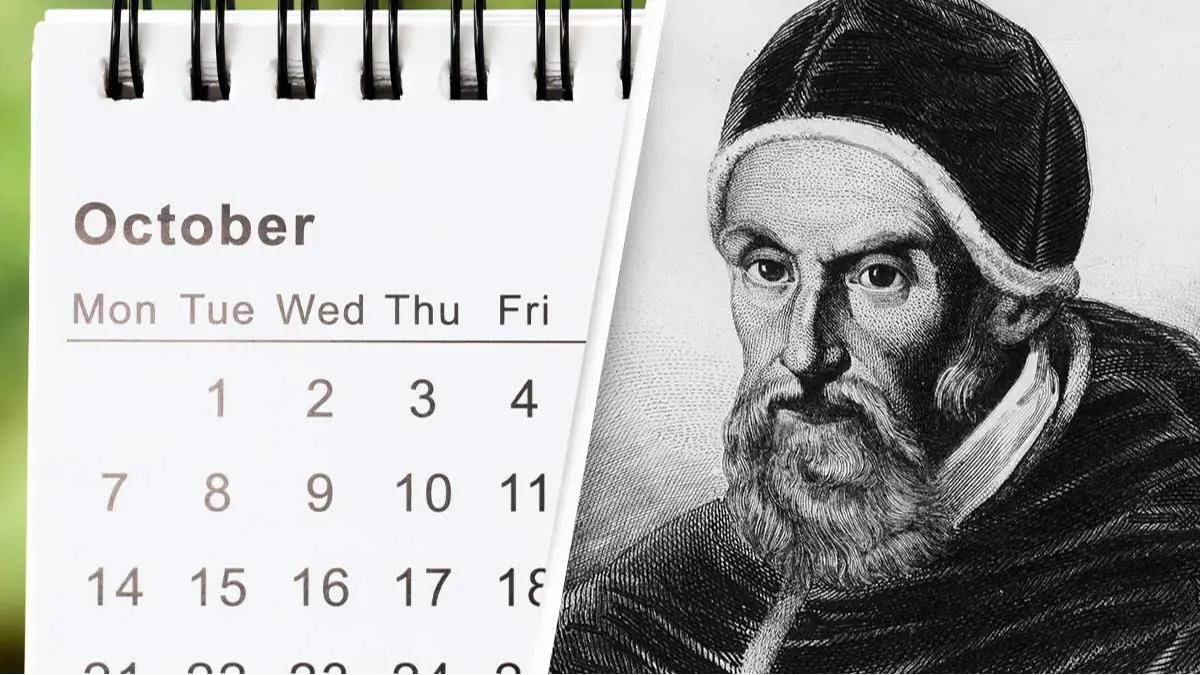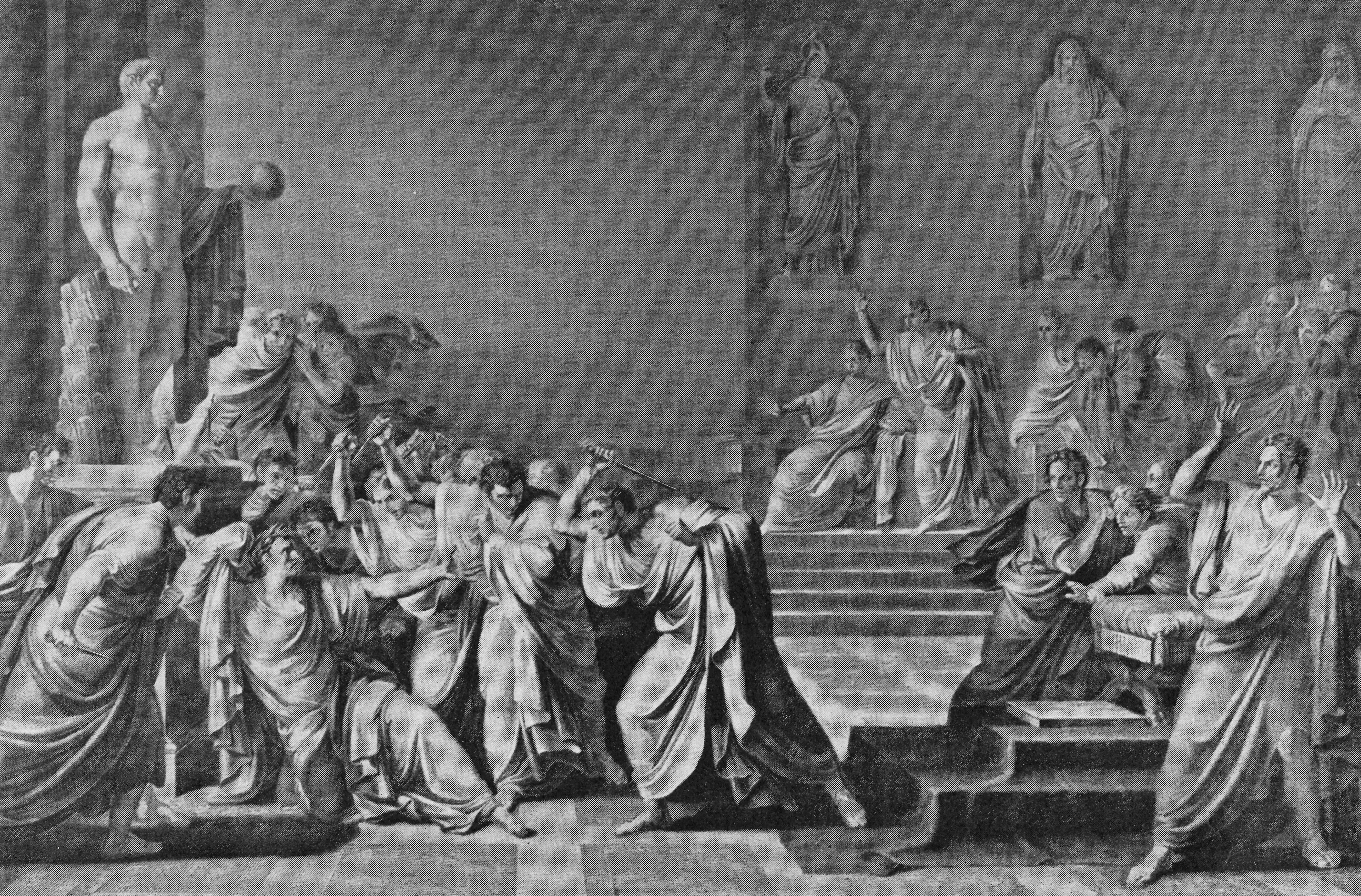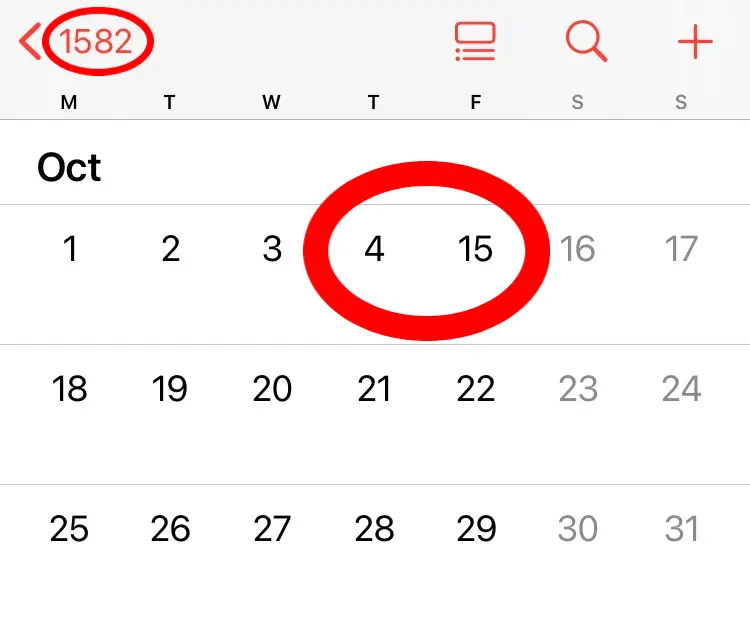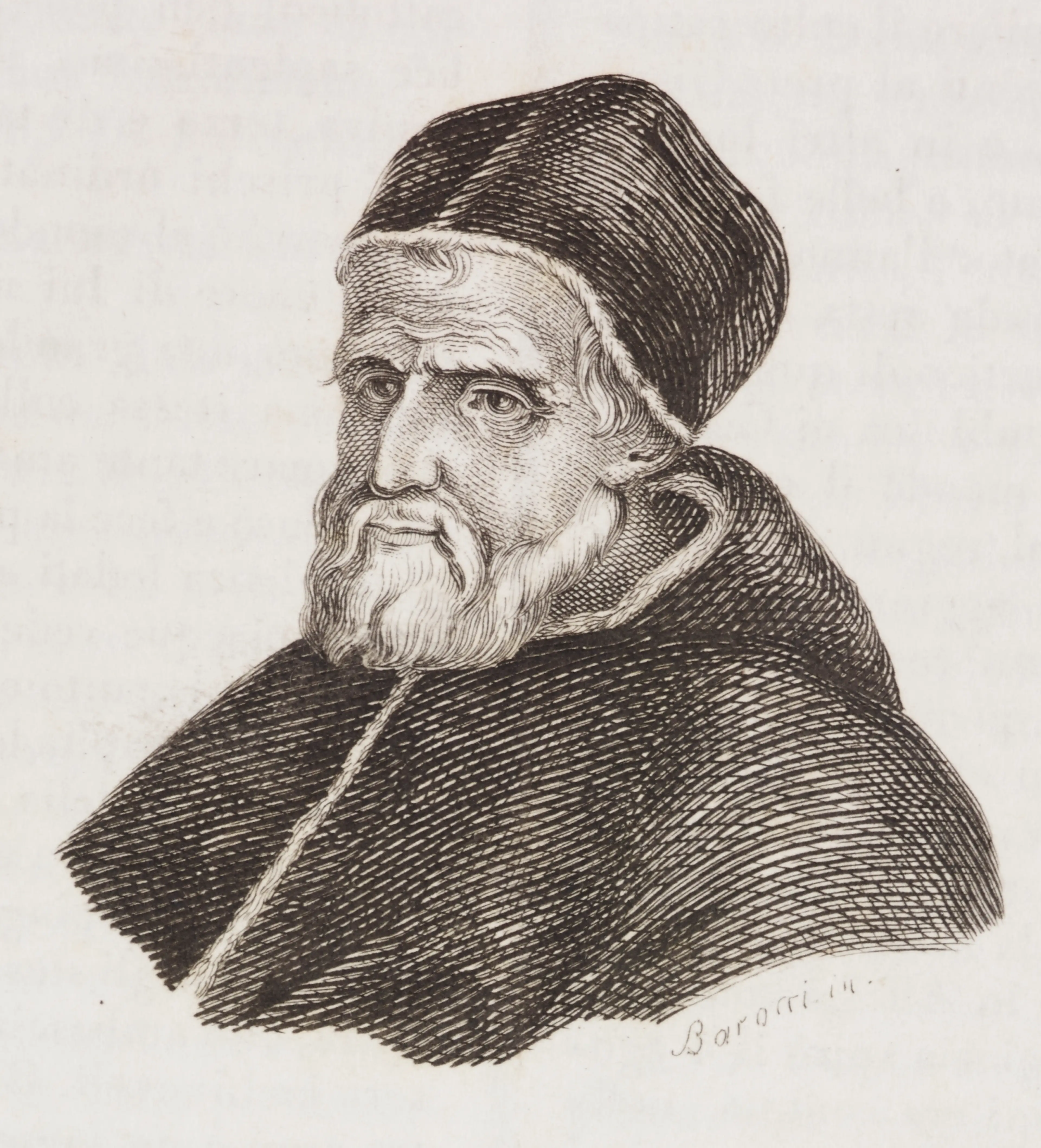
In October 1582 a whole 10 days went missing and there's a very good reason why they did.
These days calendars are either an app on your phone or something you might get for Christmas.
You know how it goes, 365 days in a year spread out over months that alternate between 31 and 30 days, except for February having 28 days apart from leap years where it's 29 and the adjacent months of July and August both having 31 days.
The more you look at the calendar the less sense it makes, we're in October at the moment and you'd think that'd be the eighth month of the year what with the whole 'oct' thing, but apparently not.
Advert
Blame it on Julius Caesar and his great-nephew Augustus, the first Roman emperor.

Speaking of Julius Caesar, in 46 BC he came up with an idea to fix the calendar before it was discovered he'd made a slight cock-up which would lead to 10 days disappearing.
The Julian Calendar, named after Mr Combover himself, ended up being 11 minutes and 14 seconds longer than the actual time it takes to complete a year.
The sun doesn't quite neatly adhere to our timeframe of days, hence why we have leap years to make up for that.
This caused a bit of a structural problem as over the centuries the calendar and the Earth's seasons started slipping out of sync, which led to certain issues such as making it difficult to figure out when Easter was.
Things like the March Equinox were not happening when they were supposed to on the calendar and this needed fixing.

In 1562 it was decided that something needed to be done about it and the Council of Trent, which was trying to figure out how to respond to this whole 'reformation' thing, said the Pope needed to sort it out.
The chap in the big hat at the time was a bloke called Pius IV, but he died of a urinary tract infection in 1565 and his successor Pius V who died in 1572 after being clogged up with bladder stones.
He got replaced by Pope Gregory XIII, and 20 years on from being tasked with coming up with a new calendar one was finally created.
In the big switcheroo of 1582 it was decided that 10 days would be dropped to set things back to where they ought to be, and October was chosen so as not to collide with any important religious holidays.
People went to bed on October 4 and woke up on October 15, except for the French who did it in December to be different (they went from December 9 to December 20), which is very French of them.
While the Gregorian Calendar was adopted by a plethora of nations in 1582 it would continue to be rolled out across the world for decades and even centuries to come.

Spain, Portugal, France, the Italian states, the Catholic Low Countries (what's now Belgium and the Netherlands), Luxembourg, the Polish-Lithuanian Commonwealth and their various colonies were the first adopters of the new calendar.
Two years later the Kingdom of Bohemia decided it was time to Czech their dates, as did some parts of Switzerland.
Across the 17th Century the German state of Prussia went Gregorian, while Alsace and Strasbourg took it on shortly after being conquered by France.
In 1700 Norway, Denmark, the Protestant Low Countries and more bits of Switzerland switched their calendars, while in 1752 the British finally made the change.
The 10 day gap could make things a bit confusing at times depending on whether countries had switched to Gregorian or not.
William Shakespeare and Don Quixote author Miguel Cervantes both died on April 23, 1616, but since Spain was Gregorian at this time and England wasn't it was another 10 days before Shakespeare went from being to not being.
More and more countries would change to the Gregorian Calendar since then, with the most recent being Saudi Arabia in 2016.
Some countries use it alongside their own calendar but around the world only Ethiopia, Nepal, Iran and Afghanistan don't use it at all.